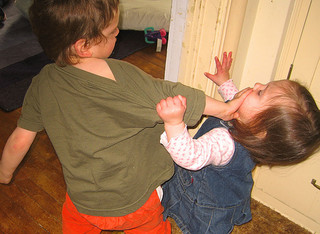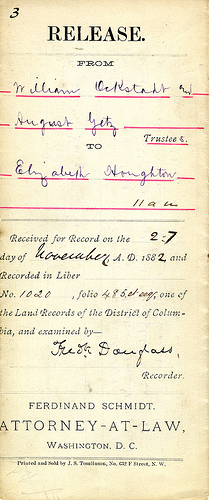In order for a deed to be effective in California, it must be “delivered” and “accepted.” These terms do not have their normal meanings in this context. Delivery does not mean the physical act of transmitting the deed to the grantee. Delivery refers to the intention of the grantor that the deed be presently operative, with the grantee immediately becoming the legal owner. Delivery can be inferred if the deed is recorded or is in the grantee’s possession. The deed also must be accepted, which again refers to the grantee’s intent. The grantee must have the intention to become the legal owner of the property. Usually, these issues do not come up, except in unusual circumstances in which a party to a deed should consult an experienced real estate attorney. Such an unusual case came up when deeds were prepared for a trust that had not been created. After the grantee’s death, the grantors’ heirs wanted the property back. The grantors’ heirs were disappointed to learn that, nonetheless, the deeds had been delivered and accepted, and the property was not theirs.
 In Gloria Luna v. Erica Brownell, the dispute arose regarding a house in Monterey Park. An attorney was involved and had the parties sign too many deeds, confusing everything. Al owned the property and wanted to plan for his passing. He signed a deed granting the property to himself, brother, and two sisters as co-owners. Later (here’s where the attorney got involved) the two sisters each signed two deeds, one granting their interest back to Al as an individual, the other to Al as trustee of a trust (that had not been created). Several weeks later, Al executed the Declaration of Trust. The sister’s deeds to the Trust were recorded, and Al died 11 days later.
In Gloria Luna v. Erica Brownell, the dispute arose regarding a house in Monterey Park. An attorney was involved and had the parties sign too many deeds, confusing everything. Al owned the property and wanted to plan for his passing. He signed a deed granting the property to himself, brother, and two sisters as co-owners. Later (here’s where the attorney got involved) the two sisters each signed two deeds, one granting their interest back to Al as an individual, the other to Al as trustee of a trust (that had not been created). Several weeks later, Al executed the Declaration of Trust. The sister’s deeds to the Trust were recorded, and Al died 11 days later.
The sisters’ heirs filed this lawsuit claiming that the deed to the Trust was void because the trust did not exist when the deeds were signed and delivered to the Lawyer. The defendant argued that the sisters, when they signed the deeds, had the intent to return title to Al, either as an individual or as trustee of the trust.
 California Real Estate Lawyers Blog
California Real Estate Lawyers Blog


 In
In 
 Under Proposition 13 real property tax is based on “full cash value,” meaning “the appraised value of real property when purchased, newly constructed, or
Under Proposition 13 real property tax is based on “full cash value,” meaning “the appraised value of real property when purchased, newly constructed, or 